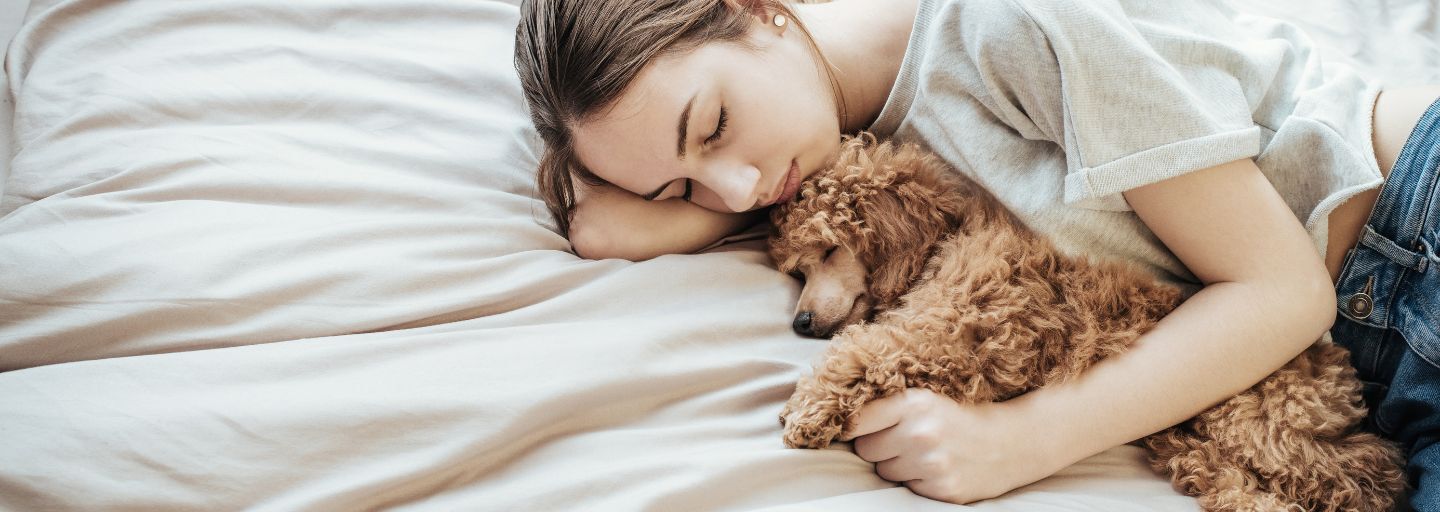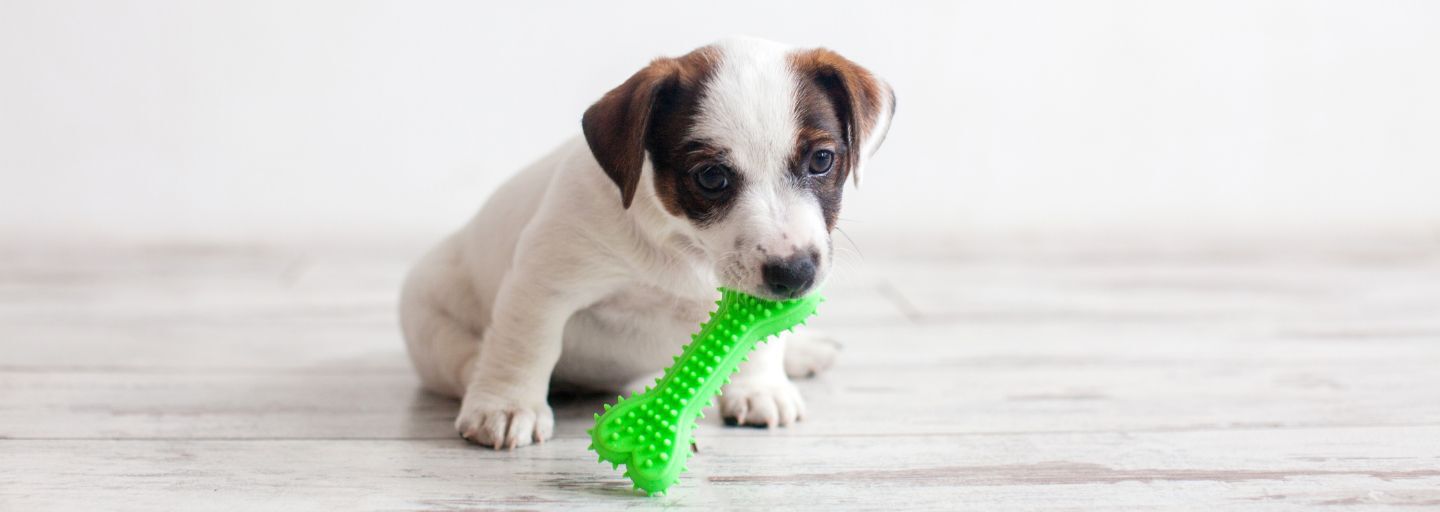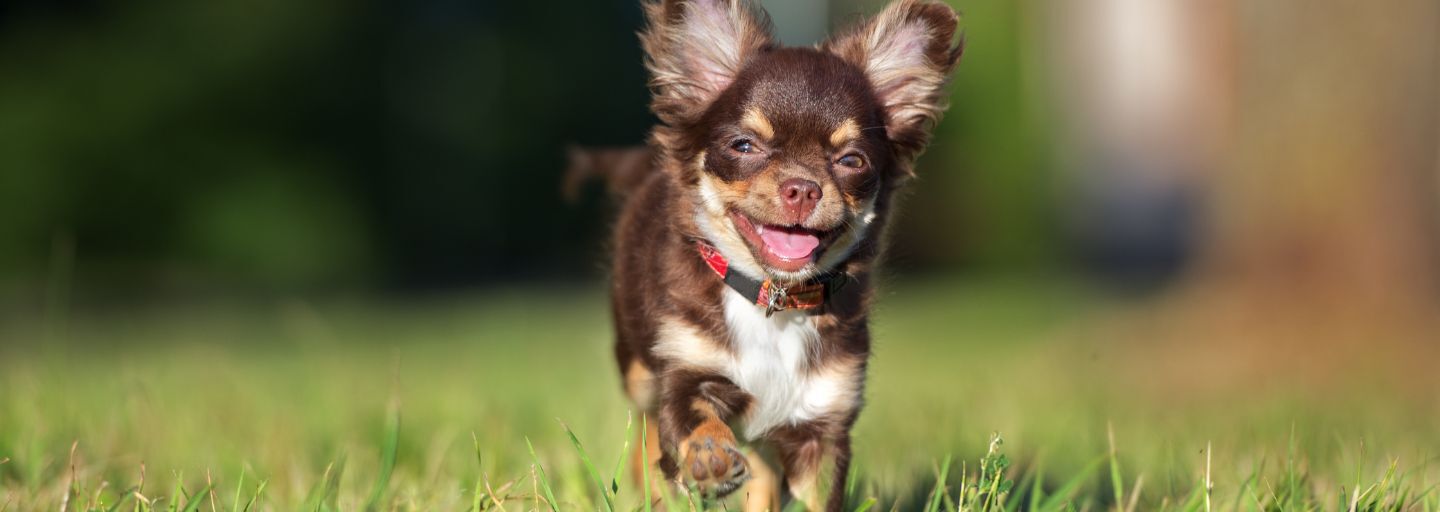The decision to de-sex is one of the most significant aspects of pet care an owner can provide. De-sexing is a surgical procedure performed by a registered veterinarian to sterilise male and female dogs. After this procedure is performed, the animal will no longer have a season or fall pregnant. This is permanent and the procedure cannot be reversed. De-sexing is ideally performed while the dog is still a puppy and if female, prior to their first heat cycle.
When a female dog (bitch) is de-sexed, it is referred to as spaying and involves the removal of the uterus and ovaries. Despite being considered a routine surgery for veterinarians, it is a major surgery and usually requires hospitalisation.
De-sexing of a male dog is referred to as castration. It is a shorter operation that involves the surgical removal of the testicles. Unless you breed pedigree pets professionally, it is a responsible act of pet ownership to have your puppy de-sexed.
Advantages of desexing female dogs:
De-sexing female dogs reduces unwanted pregnancies that result in thousands of unwanted dogs and puppies being put to sleep in shelters. It also stops male dogs from roaming the streets looking for a bitch in heat, as the females will no longer cycle and no longer have messy bleeding. Female dogs are less aggressive, more manageable in terms of training and temperament, and can be more affectionate, playful, and relaxed.
Spaying the bitch before her first cycle is proven to reduce the risk of mammary and ovarian tumors and reduce the risk of infections.
Advantages of desexing male dogs:
Castrating a male is equally important as spaying a female to prevent unwanted pregnancies. Castration reduces the aggressive impulses of males who tend to mark their territory with urine, roam long distances looking for females in season, and are more likely to be injured from fighting and road traffic accidents.
De-sexing the male reduces the risk of testicular cancer, and the dog is less likely to suffer complications associated with the prostate, including cancer, infections, enlargement, and hernias associated with testosterone.
Before and after the operation:
Your vet can help with your decision to de-sex your dog and will be able to guide you and show you how to prepare your pet for the surgery, such as how long to withhold food before the procedure.
After the operation, you will need to confine them to the house for a few days to allow the incision to heal. Keep your dog quiet and prevent any physical activity such as jumping or play fighting that may cause the wound to break down. Often, vets will provide you with an Elizabethan 'E' collar to prevent them from licking or biting at the stitches. Excessive activity can lead to swelling or fluid accumulation under the incision.
Your vet will discuss post-operative care, including pain relief, and a check-up should be scheduled 7-10 days after the operation to monitor their recovery.
Complications:
Complications are not common; however, they can include the pet pulling the sutures out, swelling and inflammation around the incision, and pain. Desexing female dogs is considered a major surgery as the abdomen is opened, and there is a higher risk of haemorrhage compared to the male procedure. All animals are anaesthetised for the operation, which has its own inherent risks. All of these can be discussed with your local vet prior to the operation.
Deciding whether or not to desex your puppy can be a difficult decision. Desexing your dog can help to prevent the increasing number of unwanted dogs put down every year in Australia.
Weight gain:
Some people are reluctant to desex their dogs because they think it causes weight gain. Desexing male and female dogs does not directly cause them to gain weight and will not normally affect their activity levels. If your dog does gain weight after the operation, simply reduce the amount of food in each meal and increase activity levels.



